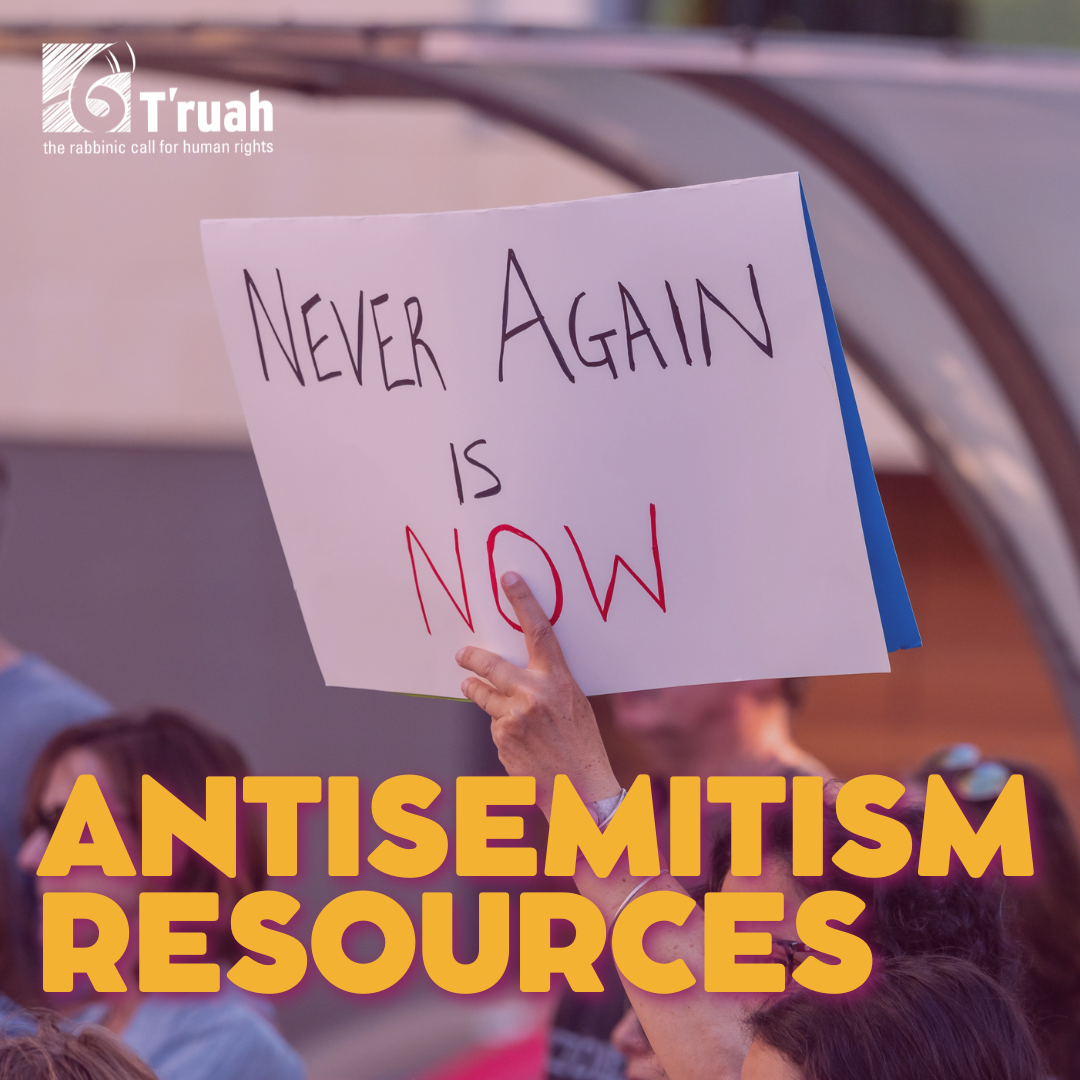Resources
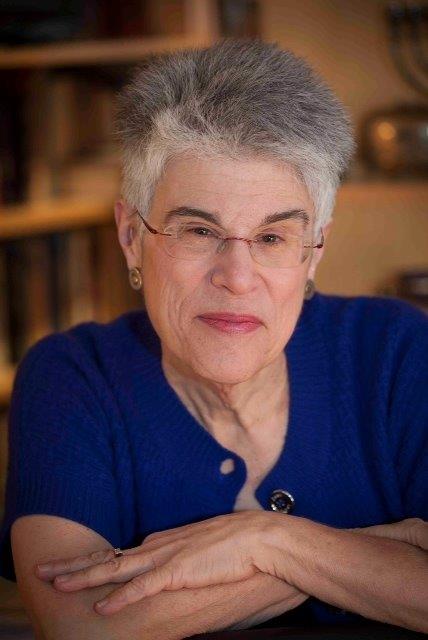
Private Prisons, God’s People
A number of years ago my husband’s nephew suggested that we invest some funds with him in high-risk high-yield bonds. We did. After earning a good return, I asked my husband what his nephew had done with our money. He answered that his nephew, among other ventures, had invested in for-profit prisons. I was horrified....
more

A Place in the Camp
In 2009, Rabbi Stephanie Kolin lobbied at the Massachusetts State House for transgender rights. In her testimony, she shared that she had led a trip to Israel and described the reaction of one of the participants when they arrived at the Kotel, which includes separate sections for men and women: He said through his tears,...
more

Atzma’ut and Atzamot: The Bones of Israel
Reading haftarah on Shabbat Chol HaMoed Pesach, we saw through the prophet Ezekiel’s eyes a valley full of dry bones (bikah meleah atzamot) declaring that their hope is gone (avdah tikvateinu). For a living human being, bearing witness to human mortality at vast scale is profoundly unsettling. These bones in earth show us where we come...
more
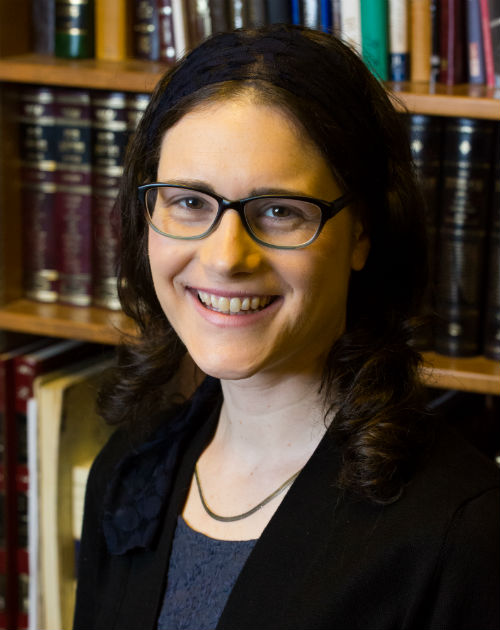
Birth, Visibility, and Justice
Ishah ki tazria. Parshat Tazria opens with laws related to a woman giving birth. The Torah’s terse account of birth screams out for interpretation, for filling in the space between these black letters with the many, and varied, experiences of birth. These stories are so necessary because people are often blind to experiences of birth,...
more
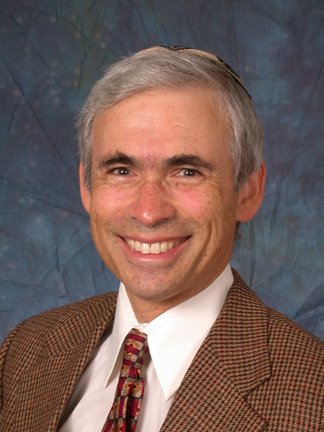
Shemini: Strange Pitfalls and Big-Picture Solutions
Those of us of a certain age remember the heady days of the 1960s, when we hoped to create a new world of peace and love. Fast forward half a century to the last election. How did the love generation devolve into today’s isolation, rage, and powerlessness? What went wrong? This week’s parashah, with its...
more
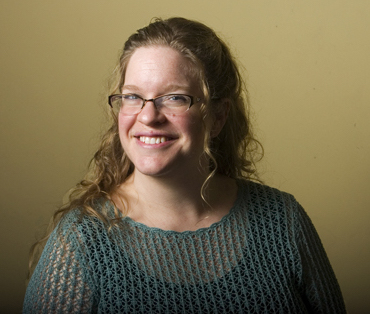
Who are YOU in the Passover story?
“…And you shall explain to your son on that day, “It is because of what Adonai did for me when I went free from Egypt…” (Exodus 13:8). From the midst of the original Exodus narrative, the text jumps suddenly forward in time, imagining you and me, future generations, retelling this sacred story in a very...
more
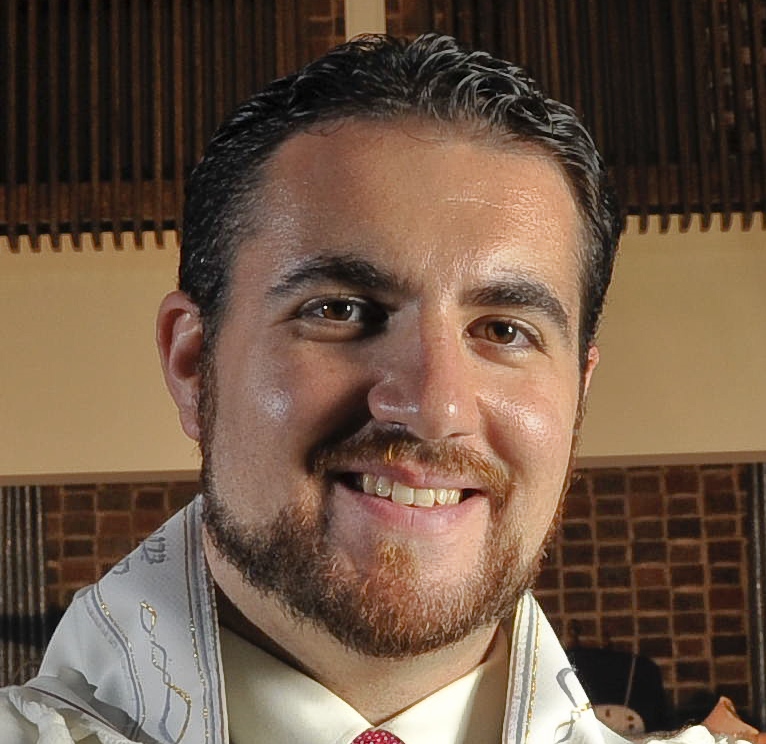
What is THAT doing on my seder plate??
This year, I’ve found myself obsessing over the Passover Seder plate. I don’t usually do that, I promise! I like it, don’t get me wrong, I just don’t dwell on it all that much. But this year, I have been reading a fair amount of sources on new symbols that can be added to (or...
more
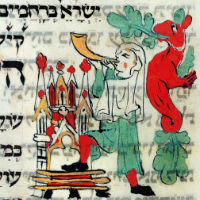
Yovel (Jubilee): Condensed Resources
If the full yovel sourcebook feels a little overwhelming, consider these two condensed forms as a starting point. The Yovel Sampler offers one text from each of the eight sections, in Hebrew and English, with discussion questions. It’s a great way to get the 30,000-foot view on yovel in a single class. The “Yovel at...
more
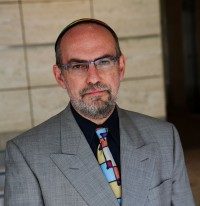
The Halakhic Status of the Occupation
Many groups and individuals have decried Israel’s occupation of the Palestinian territories on moral or legal grounds. The purpose of this white paper is to envision what the values of the halakhic tradition might be if we considered the State of Israel and its occupation through those eyes. Its analysis will also inform to some...
more
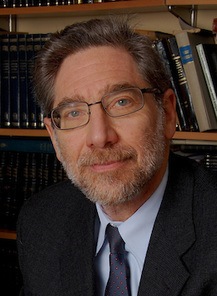
When a Leader SIns
This Torah portion begins the book’s extensive treatment of the sacrificial system that was practiced in Israel for more than 1000 years. And it is now some 2000 years since we stopped offering sacrifices. In the interim we have developed a sense of distance from that ancient cultic practice. Nevertheless, it may still be possible...
more



